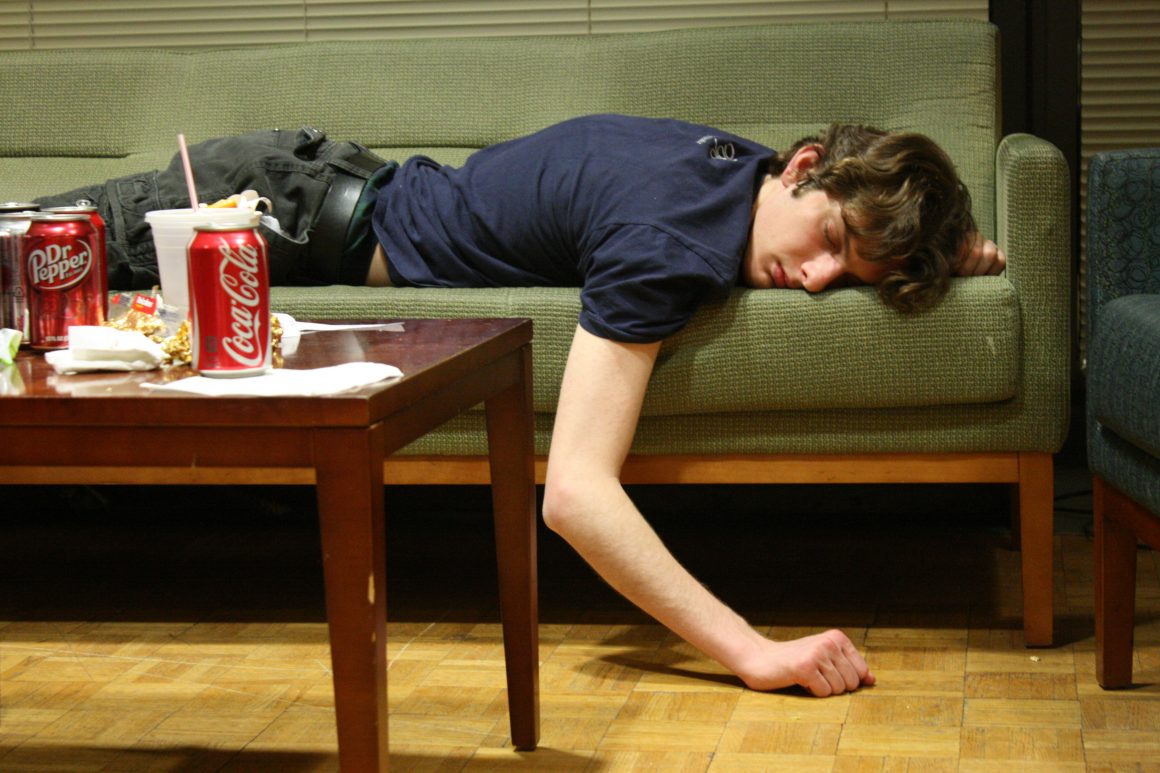
Daylight savings time hurts students’ health
By Jesse Stilwell, March 21 2017 —
You may have noticed more grumpy and sleep-deprived people than usual in your lectures last week after daylight savings time on March 12. Luckily, a private member’s bill was tabled in the legislature this week to stop daylight savings time in Alberta. As a campus community, we should support this bill. The detrimental effects of disrupting sleep patterns on students’ health aren’t worth an extra hour of daylight.
Losing an hour of sleep can have major negative effects on students’ productivity and ability to focus. At this point in the semester, a student striving to be their best can’t risk losing an hour. It’s already hard enough to study in the last weeks of the semester. Taking away an hour of sleep can make it next to impossible. The middle of March is crunch-time and students have to be at their best in order to do well on midterms and papers.
According to the Anxiety and Depression Association of America, sleep disruptions can cause or exacerbate anxiety disorders. As 18.9 per cent of last year’s Canadian National College Health Assessment respondents reported being diagnosed with some form of anxiety disorder, we should look for ways to combat anxiety for students. Eliminating regularly scheduled sleep disruptions would be an excellent strategy to help alleviate some of the difficulties students face.
Another negative effect of changing the clocks is that it changes the timing of when people have to take medication. Medicines like birth control, anxiety medications and some diabetes management systems require a set schedule. When time changes occur, the clocks might state that it’s time to take your prescription, but according to your body, you’re actually an hour late. Missing a dose or even being a little late can have serious health consequences. This could be easily avoided if we stopped changing our clocks twice a year.
It’s disappointing that getting rid of the spring time change also means losing the hour of sleep we gain in October. But with that said, sleep regularity is directly tied to mental health. To improve mental health on campus we must consider all the ways we can provide support to students and getting rid of the time change is one of them.
Losing daylight savings time means it will get darker even earlier in the winter, but having improved mental health on campus and well-rested peers make that a small price to pay in the long run.
This private member’s bill is one of the rare occasions that the government can support students’ health without actually spending money. The 2017–18 Alberta budget promises $3.6 million for mental health initiatives at post-secondary institutions, and that money must be spent wisely. Measures like getting rid of daylight savings time won’t cost the government anything and would be an easy way to help students’ mental health.
